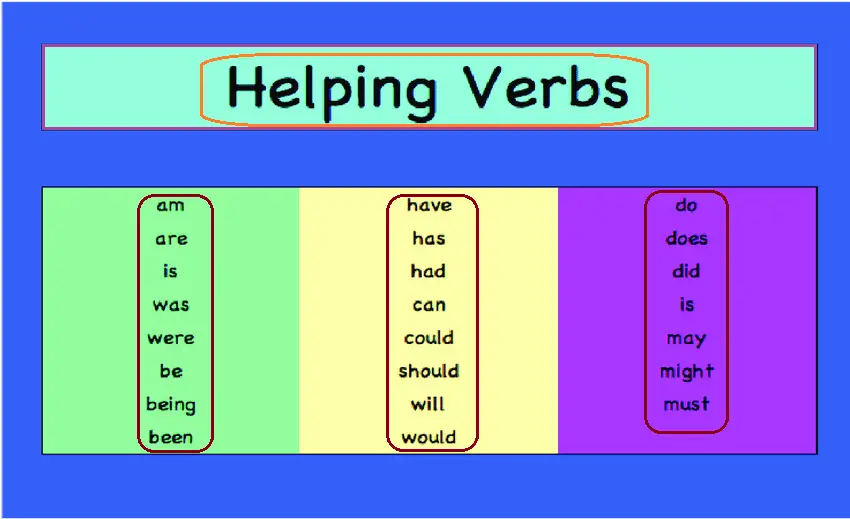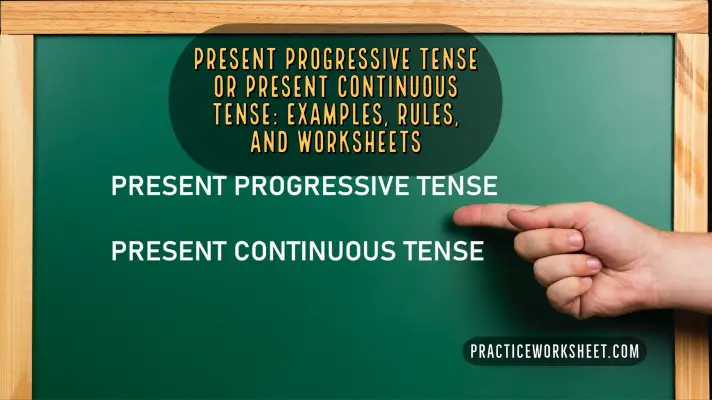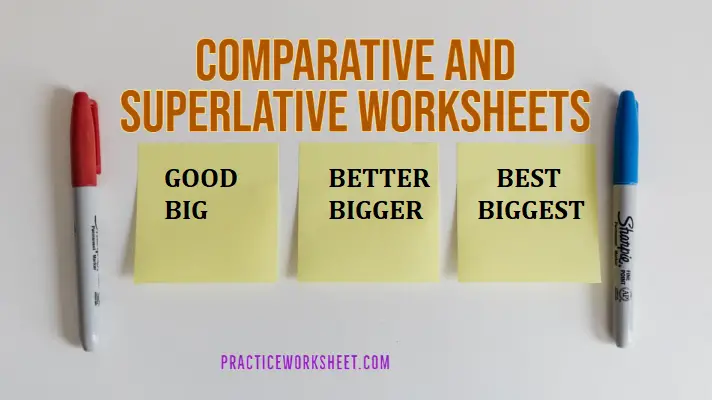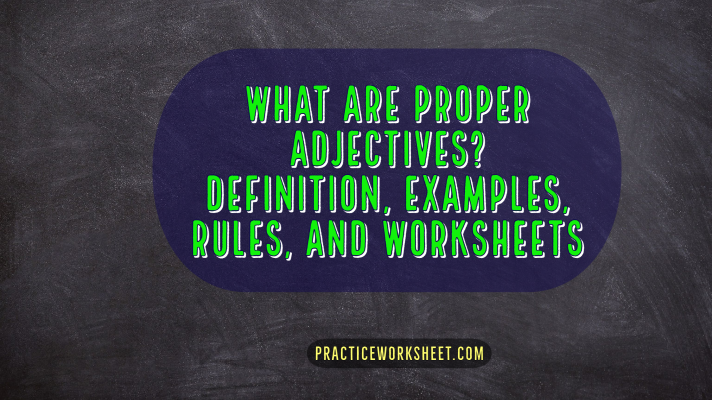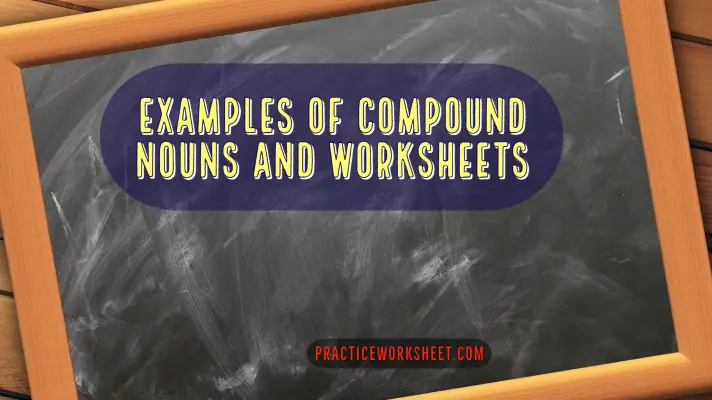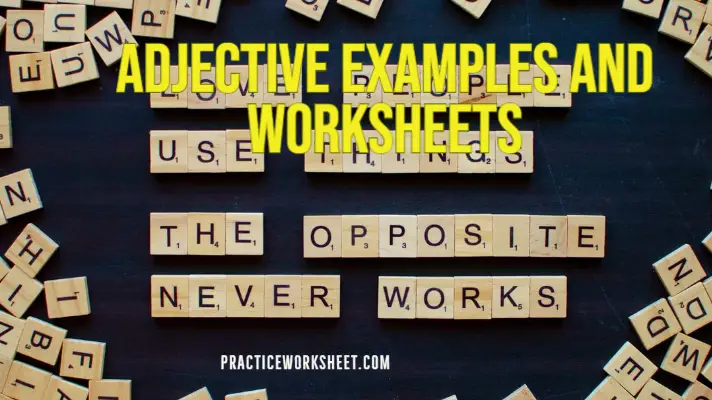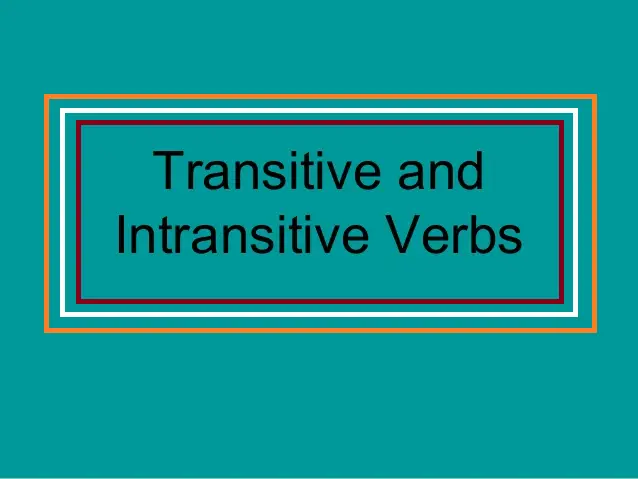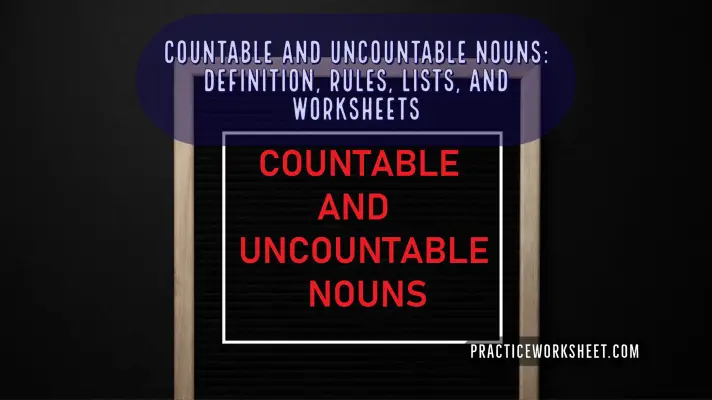Participles are verb forms that are used to work for any of the following three purposes. Participles are used in a sentence (1) as an adjective to modify nouns, or (2) to work with auxiliary verbs for creating the continuous and perfect verb tenses, or (3) to create a passive voice. So participles are words derived from verbs. Participles are usually formed by adding “_ing, _d, _ed, or _t” with the main verb form.
Examples of Participles as Adjectives
The rising sun, The boiled water, The breaking news: In all these examples the participles rising, boiled, breaking, etc are modifying the nouns sun, water, and news respectively. All the mentioned participles are formed from the base verbs rise, boil, and break.
Examples of Participles to form Verb Tenses
- I am reading a storybook. (Present participle reading)
- He is watching the program. (Present participle watching)
- Those clothes are washed. (Past participle washed)
In the above three sentences, participles are used to form verb tenses.
Examples of Participles to form Passive Voice
- Riya was attacked by a snake while she was walking on the road.
- That city was destroyed by a massive earthquake.
In the above two sentences, the participles attacked and destroyed are used as passive voices.
Types of Participles
In English grammar, Verbs usually have two types of participles: a present participle and a past participle.
Present Participles:
Present participles end in “-ing” and function in a sentence as (i) part of a continuous tense,
relying on an auxiliary verb to be complete; (ii) as an adjunct to a finite verb,
indicating a secondary action; or (iii) as an attributive or predicative adjective, modifying a noun.
Examples of Present Participles: closing, looking, eating, singing, being, etc.
Past Participles:
Past participles usually end in “-ed,” “-d,” or “-t”. They (i) create perfect verb
tenses ( past perfect, present perfect, and future perfect), or (ii) function as adjectives modifying nouns (again, either attributively or predicatively). Past participles are (iii) also used to form passive voice forms.
Examples of Past Participles: closed, looked, eaten, sung, been, etc.
Use of Participles as adjectives and participle phrases
Both present and past participles can be used as part of participle phrases or as adjectives. Note that using participles a longer sentence can be condensed into a shorter one.
For example, The sentence “The hunter pointed the gun to the bird, that was flying” can be modified as “The hunter pointed the gun to the flying bird” using participle.
A participle phrase is formed by combining the participle with other words and the complete group acts as adjectives in the sentence. For example, Wearing his red cap, Advik went to play crocket. I this sentence, wearing his red cap is the participle phrase.
Participles Worksheet
By now you must have a basic understanding of what a participle is. It’s time to solve the following participle worksheets.
Participles Worksheet 1: Read the following sentences and underline the participles. Also state if they are used as adjectives, participle phrases, or tenses.
- The complaining man was walking towards the bus.
- My brother, exhausted after cycling for two hours, has fallen asleep on the sofa.
- The bent pipe began to leak.
- My injured foot kept me up all night.
- The swimming frog is very small.
- Aharsi, hiding behind the door, was completely silent.
- Having stayed up all night watching TV, Advik was exhausted.
- Having seen the movie before, I wouldn’t want to see it again.
- The glistening icicles looked magical.
- Gazing at the girl, the cat purred.
Participles Worksheet 2: Fill in the blanks using proper Participles of the verb given in bracket.
- Can you translate the sentences of the people ________ (speak) Russian?
- ___________ (Tell) the news, Ram disappeared in the crowd.
- While ____________ (play) in the field, Shyam didn’t hear the phone call.
- At Indore, We visited Lal Bagh Palace _______(build) around 150 years ago.
- Uttam doesn’t believe the facts ________(present) to him.
- __________ (buy) the ticket, Swarnali entered the theatre.
- Mohor showed the photographs __________(take) ten years ago.
- The kid’s ________(shout) in the park, lives in that hostel.
- ___________(be) an average student, Ameya could not answer all the questions.
- During winter the warmth of _________ (shine) sun makes us happy.

